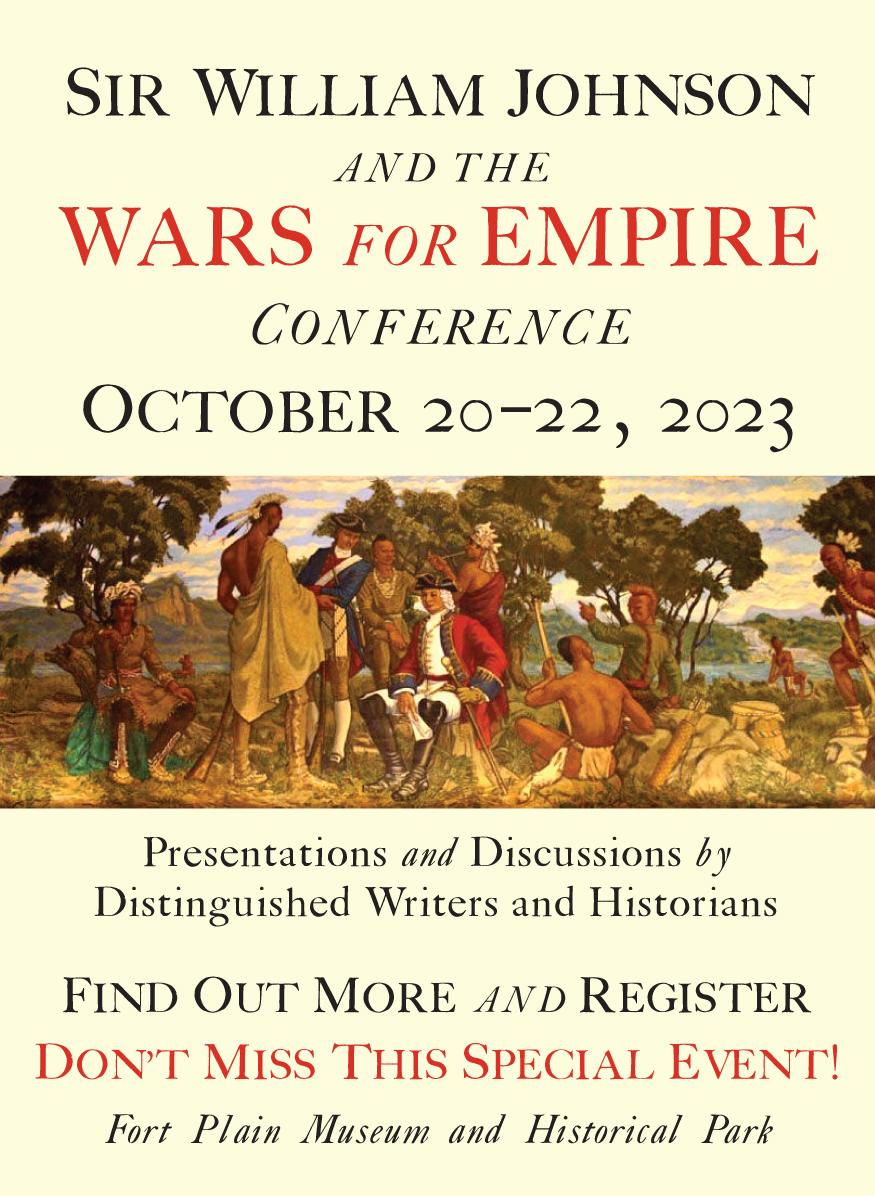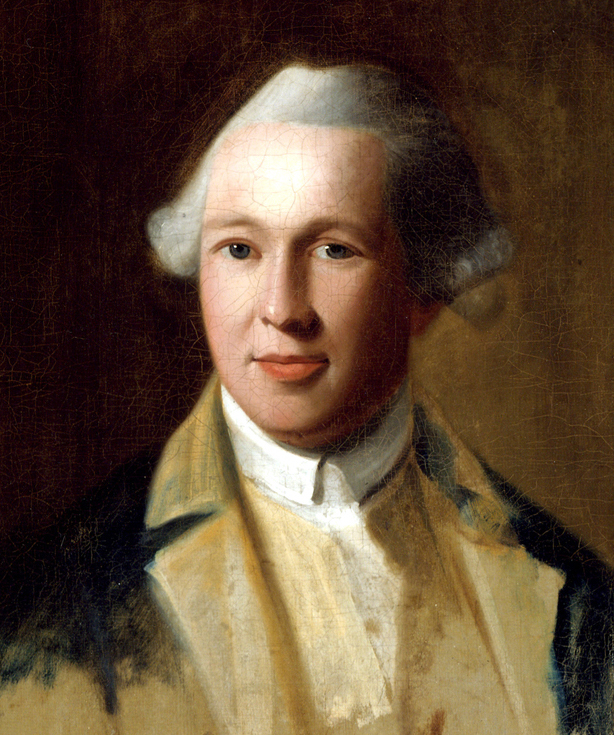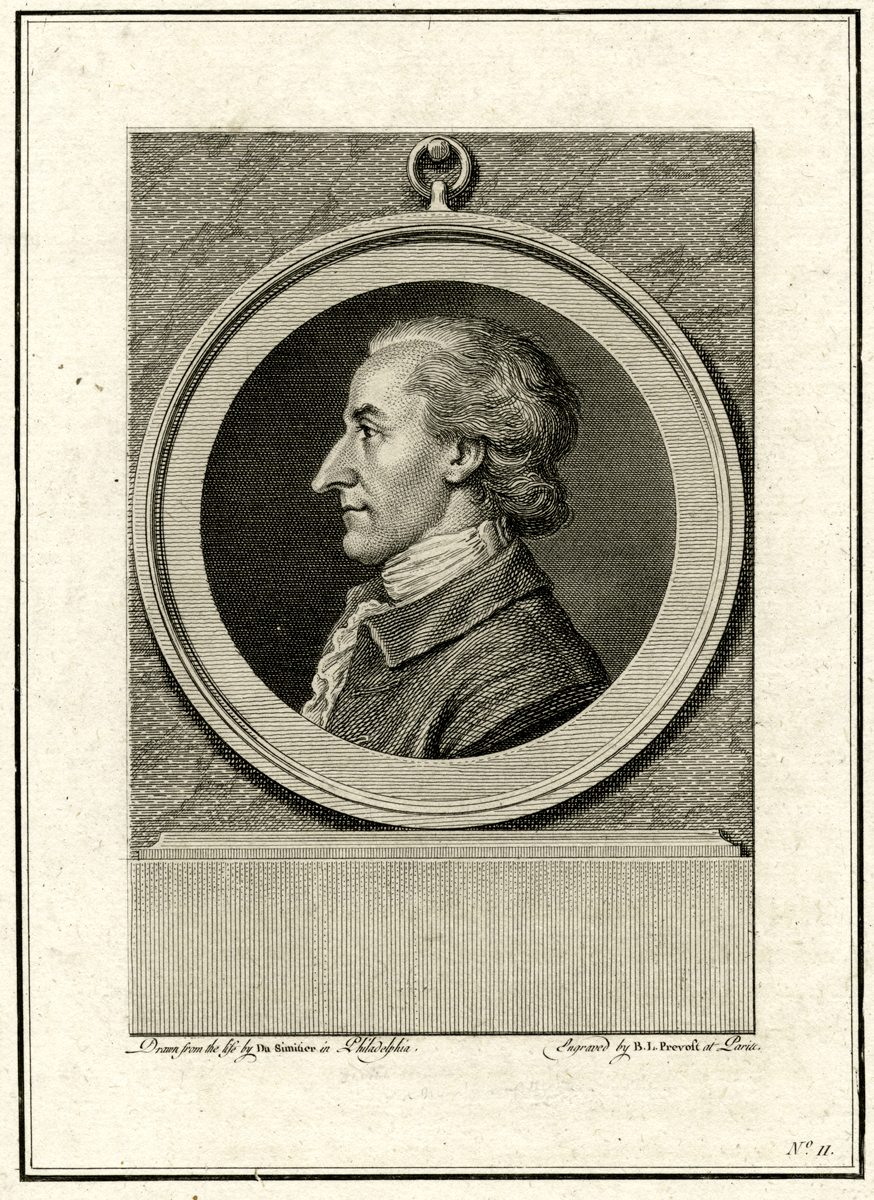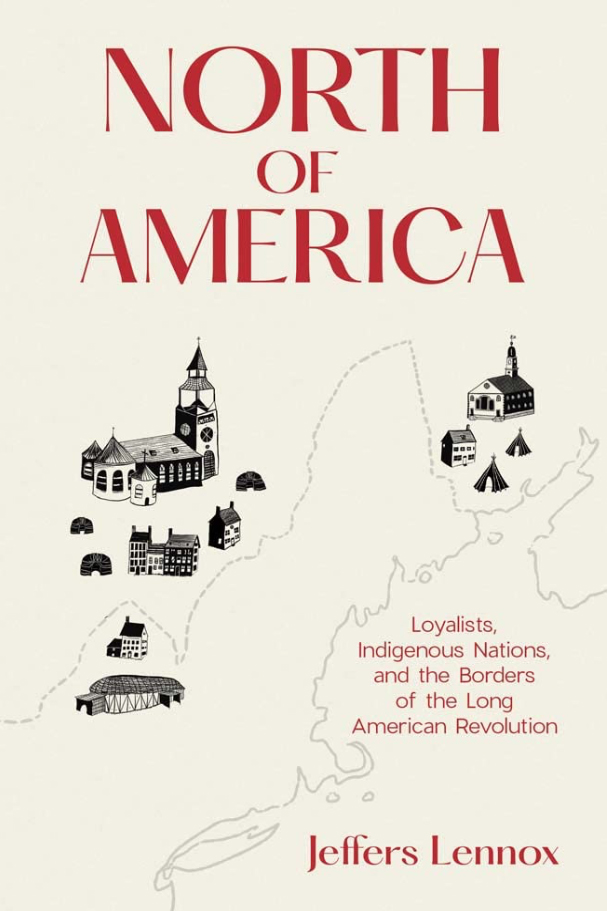The Colonists’ American Revolution: Preserving English Liberty, 1607-1783, by Guy Chet (Hoboken, NJ: Wiley Blackwell, 2020)
To my way of thinking, when we try to understand people and events in the past, we benefit more from channeling their understanding of their actions and beliefs, rather than identifying motivating forces that were hidden from them at the time, but which we can see (or think we see) from our own modern vantage point. [from the Preface, page x]
University of North Texas professor Guy Chet uses his unique position as an immigrant from Israel to write about the ideological origins of the American Revolution. Not having grown up with the constant suggestions and ennui that the British colonists were “Americanized” into something entirely new, Chet sets out to prove that the Revolution did not come from that new group, the Americans. Rather, the Revolution was a conservative event, and the British colonists were trying to continue being “British.” Their understanding of their liberties is what Chet explores in his new book, The Colonists’ American Revolution: Preserving English Liberty, 1607-1783.
The book is organized like a textbook, and it should be used as such. It is an impressive viewpoint of the Revolution with a great deal of important background information. Chet has given professors, historians, and history teachers something valuable that can used continuously. The Colonists’s American Revolution’s Introduction describes the typical view of the American Revolution: that the colonists from Britain rebelled against their king because they were part of a new society, with radical ideas such as freedom, independence, and representative government. Chet explores the original meanings of both “liberty” and “revolution” because understanding them is crucial to appreciate the motivations of the colonists. The term “salutary neglect,” which occurs throughout the book, is mentioned here. It was the way that the British government ruled the colonies before the French and Indian War: they essentially left them alone. Parliament tried to exert more control than the colonies wanted and going back to a state of salutary neglect was the main goal of the colonists.
The first and second chapters, “English Origins” and “American Colonization,” take the reader to the importance of the Protestant Reformation in England and how it affected Britons’ views on government and Parliamentary power. Then the settlements of Jamestown and Plymouth are described, along with the transition from direct governance to representative “democracy.” The third chapter, “African Slavery, White Supremacy, and Republicanism,” tackles the two views regarding slavery and how they unified white society: the Virginia theory and the Caribbean theory. Chet writes about each and what the implications of them are to the historian’s understanding of colonial society.
The Glorious Revolution, Charles I, Oliver Cromwell, and the Restoration are the focus of the fourth chapter. During these tumultuous times, the colonies came under more direct control by Parliament. The Dominion of New England was established, with Gov. Edmund Andros exerting almost dictatorial control over the colonies, which had been used to governing assemblies and councils. The ascension of Charles II and then the start of the Hanoverian dynasty reestablished representative government in the colonies, and everyone was happy until the French and Indian War. The Proclamation of 1763 and the addition of Canada to the colonies angered many in the colonies because the practice of salutary neglect had once again fallen by the wayside (Chapter 5: “Imperial Wars”).
The remaining chapters finally bring the reader to the Revolution itself. Chapter 7, “The Road to Revolution,” is actually timely because it describes the changing role of the British forces in the colonies. They went from a defensive army on the western outposts to a police force, creating tension in cities like Boston. The Tea Act, Coercive Acts, and Quebec Act receive attention because each one violated the sensibilities of the colonists, who were adamant about protecting the liberties that they understood they had as British subjects. Chapter 8, “The War,” offers details about the plans of Washington, Howe, and Clinton to win the war. The Conclusion points out the fact that the perceived weaknesses of the Articles of Confederation were, in fact, the desired goal of the former British colonists all along. The Articles stressed the liberties each state had had when it was “neglected” by Parliament up until 1763.
The last chapter is the Epilogue, “The Natural Progress of Things,” and Chet looks at human nature and the issue of power. It was generally accepted in the eighteenth century that power corrupted people, and so nationalists/federalists such as Hamilton and Madison believed that a strong central government was necessary to control people and their susceptibility to corruption. This effort resulted in the federal Constitution of 1787. Madison, however, seems to have changed his position since he authored the Bill of Rights, which Chet describes as an “Anti-Federalist document”:
The Bill of Rights thus reflects the fears of eighteenth-century Americans that future Federal legislators, executives, and judges might not be mindful of Madison’s safeguards, and that the separation of powers and the doctrine of enumerated powers were sufficient to interrupt “the natural progress of things.” [p. 151]
The Colonists’ American Revolution: Preserving English Liberty, 1607-1783 is, once again, a great reference work that all Revolution historians should have access to. Chet has a straightforward writing style, making for an easy read. It was written to be used as “A Companion to the U. S. History Textbook,” as the back-cover states. Questions and suggestions for further reading are included after each chapter, and the twenty-eight-page bibliography itself can be used as a resource.
Dr. Chet provides the reader with a website (p. xv) that is supposed to include supplementary materials for instructors. Please be aware that the website has changed. The author was kind enough to provide JAR readers with the correct address: wiley.com/go/Chet/ColonistsAmericanRevolution. Interested teachers will find information about book itself and helpful hints about civic education and critical thinking skills.
PURCHASE THIS BOOK FROM AMAZON IN PAPER OR KINDLE
(As an Amazon Associate, JAR earns from qualifying purchases. This helps toward providing our content free of charge.)














One thought on “The Colonists’ American Revolution: Preserving English Liberty, 1607–1783”
Another good book to read, if you can find it, is The English Libertarian Heritage: From the Writings of John Trenchard and Thomas Gordon in The Independent Whig and Cato’s Letters, edited by David L. Jacobson, Bobbs-Merrill Co., 1965. This book details how the Libertarian Philosophy, as expressed by Trenchard and Gordon in their popular essays, beginning in the 1720s, planted the seeds of the values and attitudes that eventually grew into the principles deemed important for a free people by those who came into power and influence in the 1760s and 1770s. A good read.